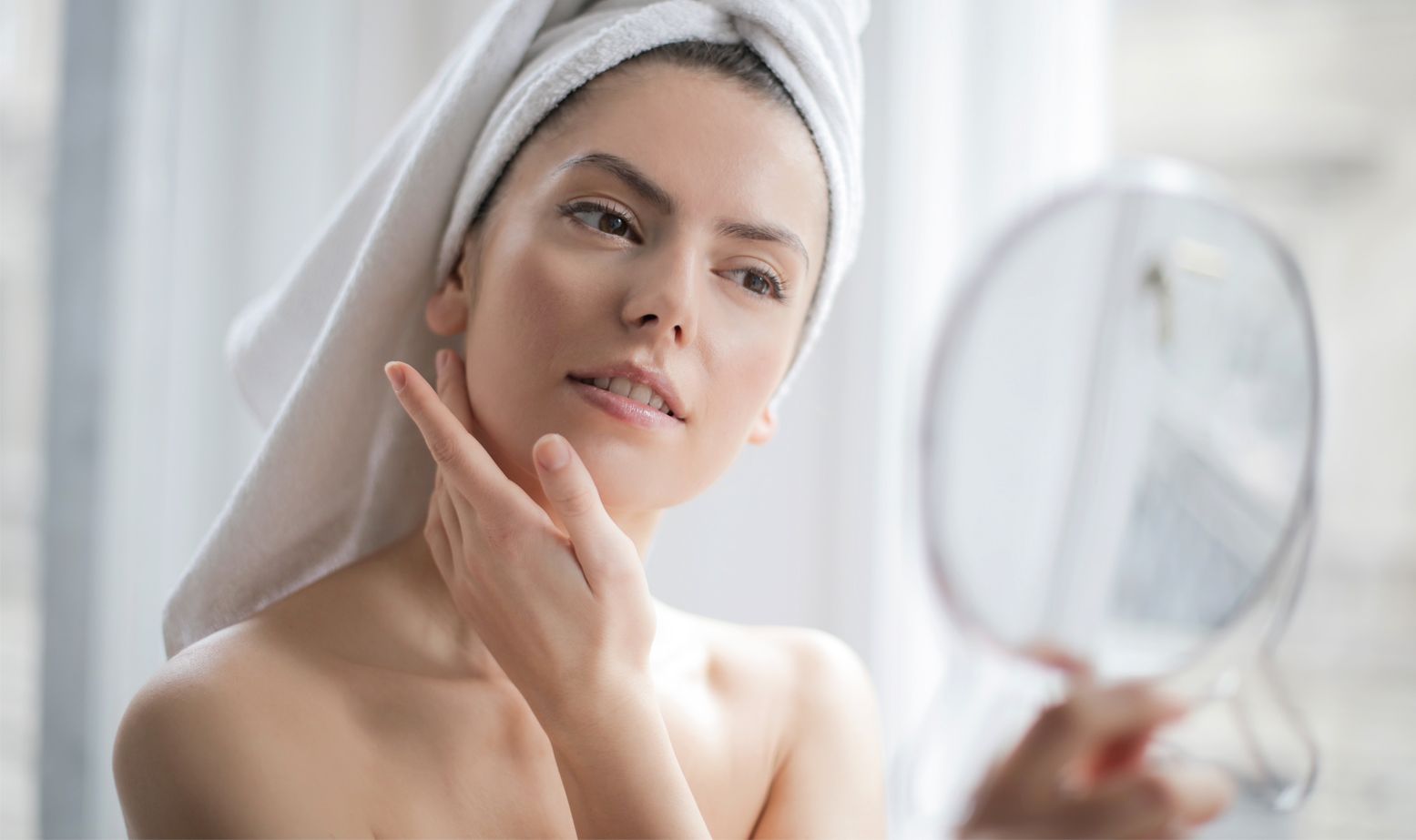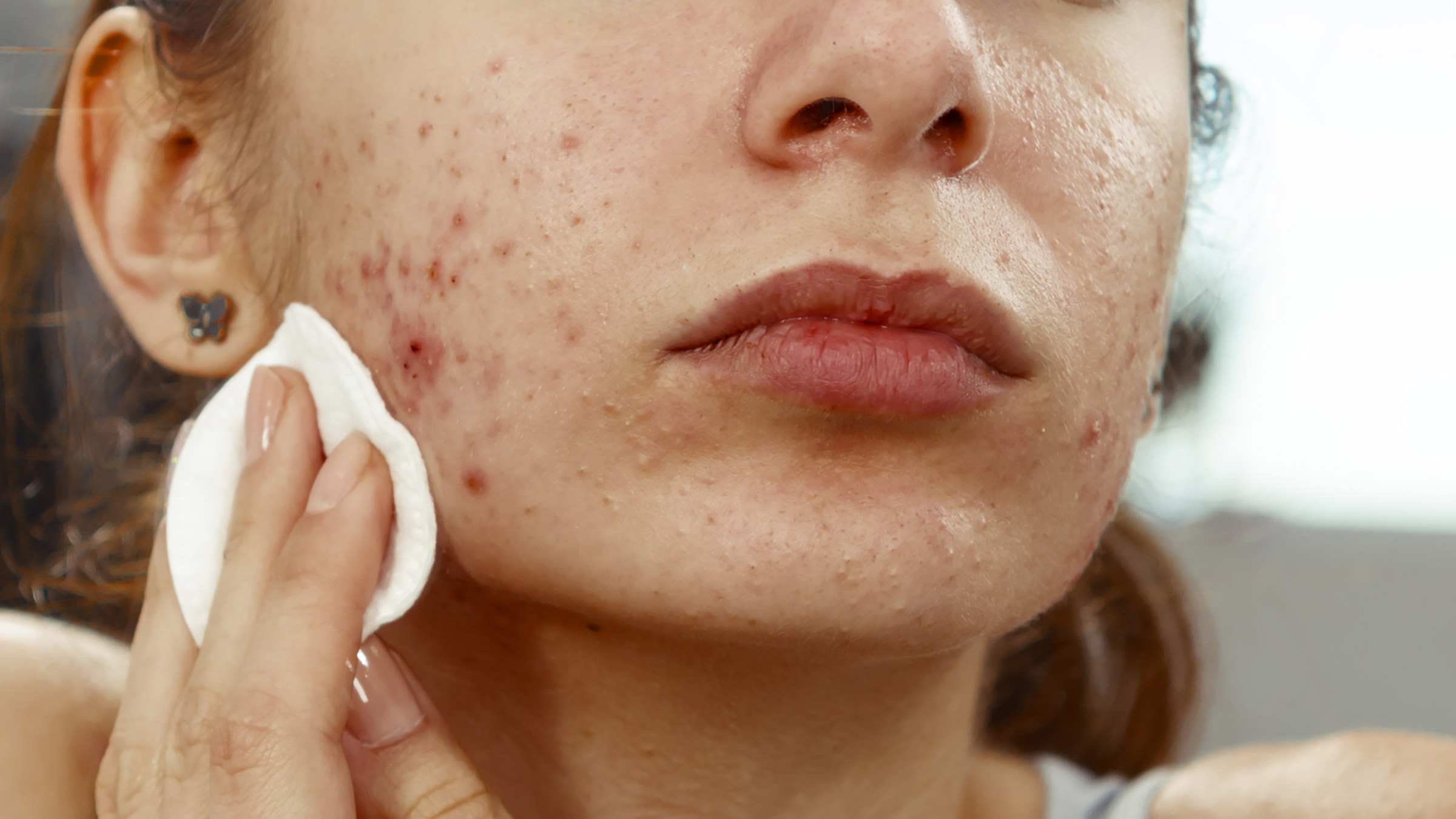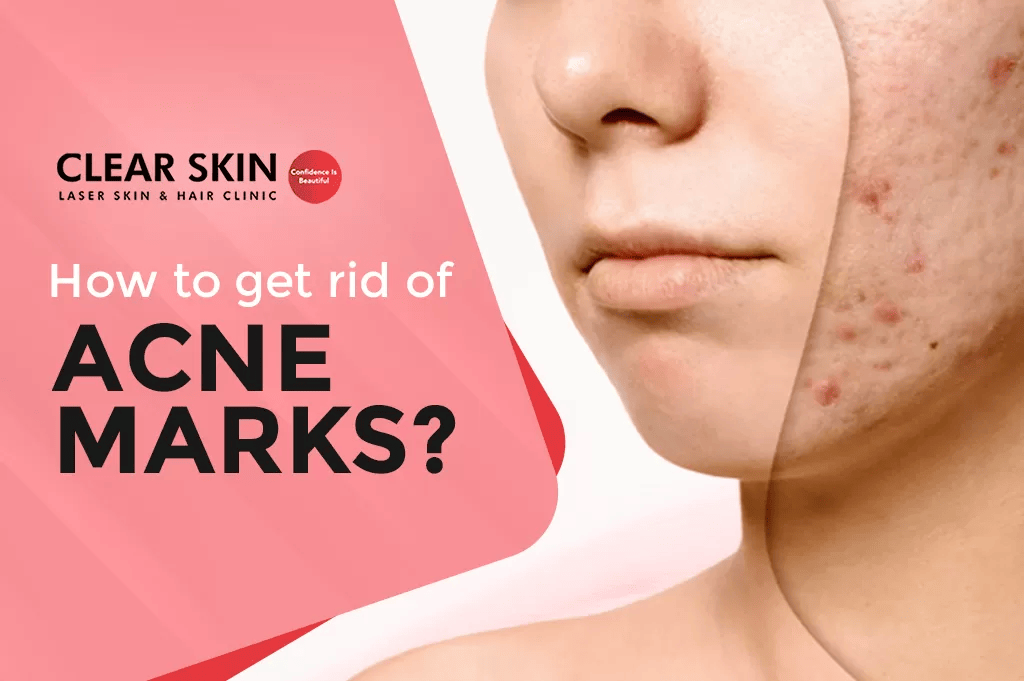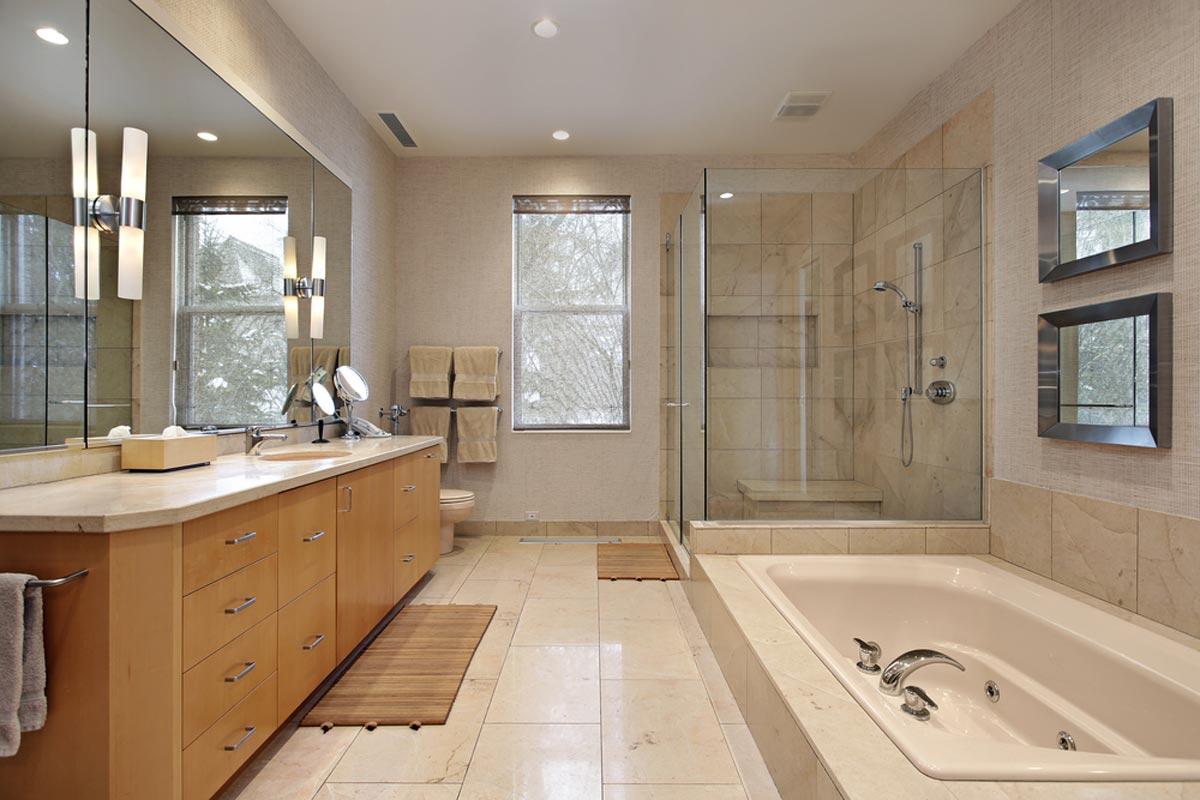Who Else Wants Clear Skin? Discover the Acne Solutions That Actually Work?
Let's face it clear skin isn't just a teenage dream. For many of us the quest for blemish-free skin extends well into our 20s 30s and beyond. If you're tired of empty promises and are ready for solutions that genuinely work you're in the right place. In this blog you'll uncover the acne treatments that are game-changers especially for oily skin and the natural remedies that have stood the test of time.
1. The Real Deal: Acne Treatment for Oily Skin
Oily skin can be both a blessing and a curse. While it often means fewer wrinkles in the long run it can also mean more breakouts now. But fear not! There are treatments specifically designed for your skin type:
- Topical Retinoids: These vitamin A derivatives are a must-have. They unclog pores reduce oil production and even help with fine lines. Just remember a little goes a long way.
- Salicylic Acid: This beta hydroxy acid is oil-soluble meaning it can penetrate deep into your pores exfoliating from the inside out. It's a staple in many over-the-counter acne products.
- Oil-Free Moisturizers: Hydration is key even for oily skin. Opt for non-comedogenic oil-free moisturizers to keep your skin balanced without adding extra shine.
2. Nature's Best: Natural Acne Remedies
Sometimes the best solutions come straight from Mother Nature. If you're looking for gentler more holistic approaches these remedies are worth exploring:
- Tea Tree Oil: Known for its powerful antiseptic properties tea tree oil can be a potent ally against acne. Dilute it with a carrier oil before applying to avoid irritation.
- Green Tea: Not just for sipping! Applying cooled green tea to your face can reduce inflammation and decrease oil production. Plus it's packed with antioxidants.
- Honey and Cinnamon Mask: These kitchen staples aren't just for baking. Together they boast antibacterial properties that can help reduce breakouts. Mix them into a paste apply wait and rinse.
3. The Creme de la Creme: Best Acne Treatments
With so many products on the market how do you choose? Here are the treatments that consistently rise to the top:
- Benzoyl Peroxide: A classic for a reason. This ingredient kills acne-causing bacteria making it a mainstay in many treatments. Just be cautious as it can be drying.
- Chemical Peels: These treatments often using glycolic or salicylic acid exfoliate the skin deeply unclogging pores and improving texture.
- Oral Medications: For persistent acne sometimes a systemic approach is needed. Options like oral contraceptives or anti-androgens can help balance hormones and reduce breakouts.
4. Prevention is Better Than Cure
While treatments are essential prevention is the real key. Here are some quick tips:
- Regular Cleansing: Ensure you're washing your face twice daily with a gentle sulfate-free cleanser.
- Dietary Changes: Some find reducing dairy or high-glycemic foods can make a difference.
- Stay Hydrated: Drink plenty of water. Hydrated skin is happy skin.
Acne Treatments That Actually Work
- Understand Your Skin Type:
The first step in finding effective acne treatments is to understand your skin type. For those with oily skin it's essential to choose products specifically formulated to address excess sebum production. Look for oil-free or non-comedogenic formulas that won't clog your pores.
- Cleanse Properly:
A proper cleansing routine is crucial in preventing acne breakouts. Use a gentle cleanser suited for oily skin and make sure to cleanse twice a day. Avoid harsh scrubbing as it can irritate the skin and exacerbate acne. Consider using cleansers containing salicylic acid or benzoyl peroxide known for their acne-fighting properties.
- Best Acne Treatments:
a) Over-the-Counter Options: Many effective acne treatments are available over the counter. Look for products containing ingredients like benzoyl peroxide salicylic acid or sulfur. These ingredients target acne-causing bacteria unclog pores and reduce inflammation. Remember to follow the instructions carefully and be patient as results may take time.
b) Prescription Medications: In severe cases dermatologists may prescribe stronger medications such as retinoids antibiotics or hormonal therapies. These options are specifically tailored to your skin condition and may provide more significant results. Consult a dermatologist for personalized recommendations.
- Natural Acne Remedies:
If you prefer a more natural approach there are several remedies worth exploring. Tea tree oil for instance possesses antimicrobial properties that can combat acne-causing bacteria. Additionally aloe vera witch hazel and green tea extract have anti-inflammatory properties that soothe irritated skin and reduce redness.
- Lifestyle Habits:
While skincare products play a vital role in managing acne lifestyle habits can also contribute to clearer skin. Maintain a balanced diet rich in fruits vegetables and lean proteins. Avoid sugary and greasy foods known to trigger breakouts. Regular exercise stress management and adequate sleep can also positively impact your skin's health.
- Don't Pick or Squeeze:
As tempting as it may be avoid picking squeezing or popping your pimples. This can lead to scarring spread the infection and worsen the condition. Instead focus on gentle skincare practices and let the acne treatments work their magic.
- Consistency is Key:
Consistency is crucial when it comes to acne treatments. Follow the recommended skincare routine diligently and be patient with the results. Remember acne doesn't vanish overnight but with regular care and the right treatments you can achieve clearer skin.
How to Keep Away Acne?
Keeping acne at bay requires a combination of skincare practices lifestyle habits and understanding potential triggers. Here's a guide on how to prevent acne:
1. Skincare Habits
- Regular Cleansing: Cleanse your face twice daily with a gentle sulfate-free cleanser to remove dirt oil and makeup.
- Exfoliation: Use a mild exfoliant 1-2 times a week to remove dead skin cells and prevent clogged pores.
- Moisturize: Use an oil-free non-comedogenic moisturizer daily. Even if you have oily skin moisturizing helps maintain skin's balance.
- Sun Protection: Wear a broad-spectrum sunscreen every day. Some acne treatments can make skin more sun-sensitive.
- Avoid Touching Your Face: Hands can introduce bacteria to facial skin so avoid unnecessary touching picking or popping pimples.
- Use Non-Comedogenic Products: Whether it's makeup sunscreen or moisturizer always opt for products labeled "non-comedogenic" to ensure they won't clog pores.
2. Lifestyle Habits
- Dietary Choices: While research is ongoing some studies suggest foods with a high glycemic index and dairy might trigger acne in some people. Observing and adjusting your diet can help identify potential food triggers.
- Stay Hydrated: Drink plenty of water throughout the day to help detoxify the body and keep skin hydrated.
- Manage Stress: Chronic stress can lead to hormonal imbalances that may trigger acne. Incorporate stress-reducing activities like meditation exercise or hobbies.
- Regular Exercise: Physical activity can help regulate hormones and increase blood circulation. Ensure you shower after sweating to prevent pore-clogging.
- Sleep Well: Aim for 7-9 hours of sleep per night. A lack of sleep can lead to increased stress and hormonal changes.
3. Understand Your Skin
- Know Your Skin Type: Whether it's oily dry combination or sensitive understanding your skin type can help you choose the right products and treatments.
- Hormonal Changes: Be aware that hormonal fluctuations often due to menstruation pregnancy or certain medications can trigger breakouts.
4. Limit Potential Irritants
- Hair Products: Some hair products can cause "pomade acne" along the hairline. If you notice breakouts in these areas consider switching products.
- Clean Accessories: Regularly clean items that touch your face such as glasses phone screens and pillowcases to reduce the transfer of oil and bacteria.
5. Seek Professional Advice
- Regular Dermatologist Visits: If you're prone to acne regular check-ups with a dermatologist can help monitor and adjust your skincare routine as needed.
- Consider Treatments: For those with persistent acne treatments like chemical peels light therapies or even certain medications might be beneficial.
6. Be Patient and Consistent
Preventing acne is often a continuous effort. While some breakouts might still occur maintaining a consistent skincare and healthy lifestyle routine can significantly reduce their frequency and severity. If you notice sudden changes in your skin or if over-the-counter products aren't effective it's always a good idea to consult with a dermatologist.
Conclusion:
Achieving clear and healthy skin is possible with the right acne treatments and skincare regimen. Whether you have oily skin or prefer natural remedies there are effective solutions available. Take the time to understand your skin type cleanse properly and choose the best acne treatments for your needs. Remember to consult a dermatologist for personalized advice. With dedication and consistent care you can bid farewell to acne and unveil the glowing clear skin you've always desired!
Remember act now to discover the acne solutions that actually work for you! Don't miss out on the chance to attain the clear and radiant skin you've always dreamed of. Say goodbye to acne and hello to a new confident you!








